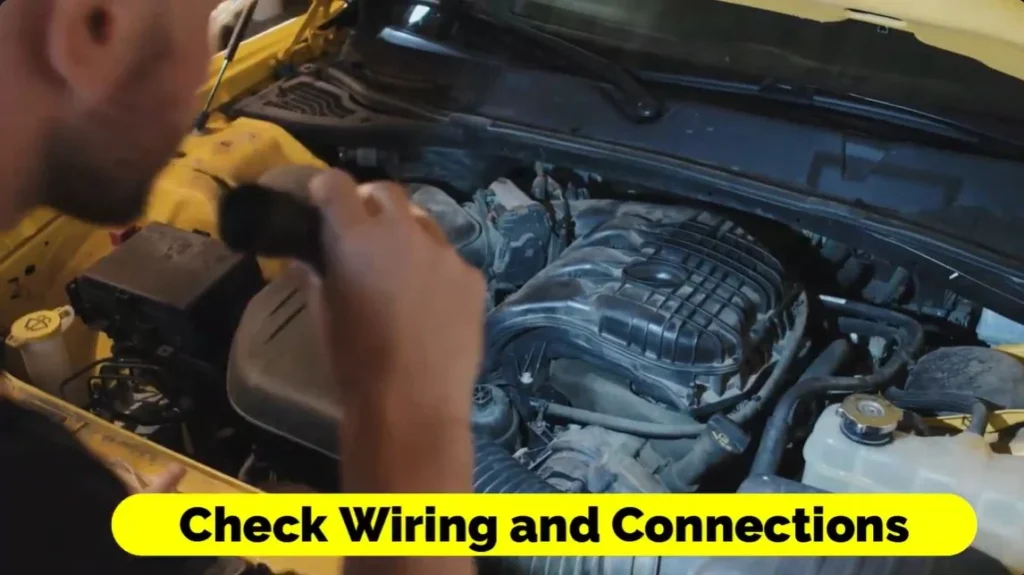The cost of repairing car lights and electrical components ranges from $100 to $600. Prices vary based on parts and labor.
Maintaining car lights and electrical components is crucial for vehicle safety and functionality. Faulty lights or electrical issues can lead to accidents or car breakdowns. Regular inspections help prevent costly repairs. Replacing a headlight can cost around $100, while more complex electrical fixes can reach up to $600.
Factors influencing the cost include the car model, the complexity of the issue, and labor charges. Certified technicians ensure the job is done correctly. Investing in quality repairs enhances vehicle longevity and driver safety. Prioritizing timely repairs keeps your car in optimal condition.
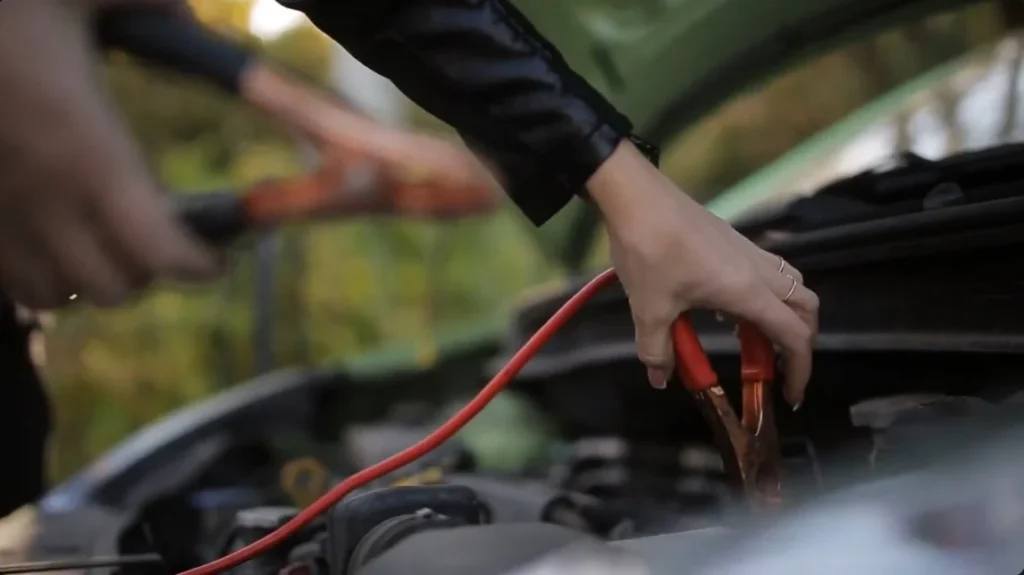
Common Car Light Issues
Car lights and electrical components are crucial for safety. Faulty lights can cause accidents. Understanding common issues can help you fix them quickly.
Headlight Problems
Headlights are vital for night driving. Common headlight issues include:
- Burned-out bulbs: The most frequent problem. Replace the bulb to fix it.
- Wiring issues: Loose or damaged wires can cause flickering.
- Faulty switches: Worn-out switches may prevent headlights from turning on.
- Dirty lenses: Dirt or foggy lenses reduce light output. Clean them regularly.
Tail Light Malfunctions
Tail lights ensure your car is visible from behind. Common tail light issues include:
- Blown fuses: A blown fuse can cause lights to stop working. Check and replace fuses.
- Corroded sockets: Corrosion can block the electrical connection. Clean the sockets.
- Broken bulbs: Replace any broken or damaged bulbs immediately.
- Faulty wiring: Damaged wires can cause intermittent lighting. Inspect and repair any broken wires.
By understanding these issues, you can maintain your car lights better. Regular checks and quick fixes can save you money and ensure safety.
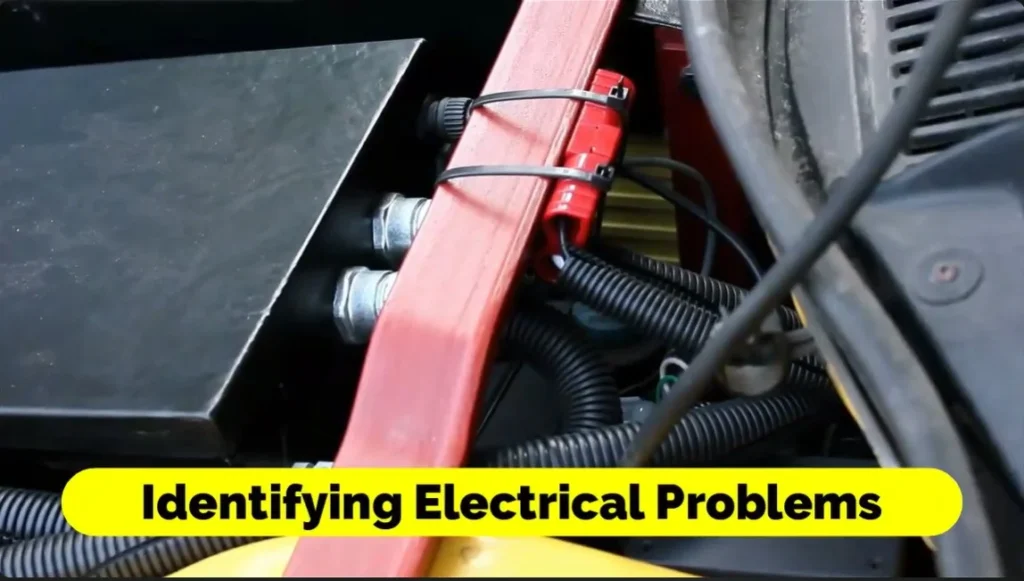
Electrical Component Failures
Electrical component failures can be a nightmare for car owners. These issues often lead to costly repairs and headaches. Understanding the common problems can help you manage these expenses better. Below, we discuss some of the most frequent electrical failures.
Battery Issues
A car battery is essential for starting the engine. It also powers many electronic components. A dead or failing battery can cause numerous problems. Signs of a bad battery include:
- Dim headlights
- Slow engine crank
- Electrical accessories not working
Replacing a car battery costs between $50 and $200. The price depends on the battery type and your vehicle model.
Alternator Failures
The alternator charges the battery while the engine runs. It also powers the electrical system. A faulty alternator can cause the battery to drain. Symptoms of a failing alternator include:
- Warning light on the dashboard
- Strange noises
- Electrical issues
Alternator replacement costs range from $300 to $700. The cost includes parts and labor.
Understanding these common electrical component failures can help you prepare for repair costs. Regular maintenance can prevent many of these issues.
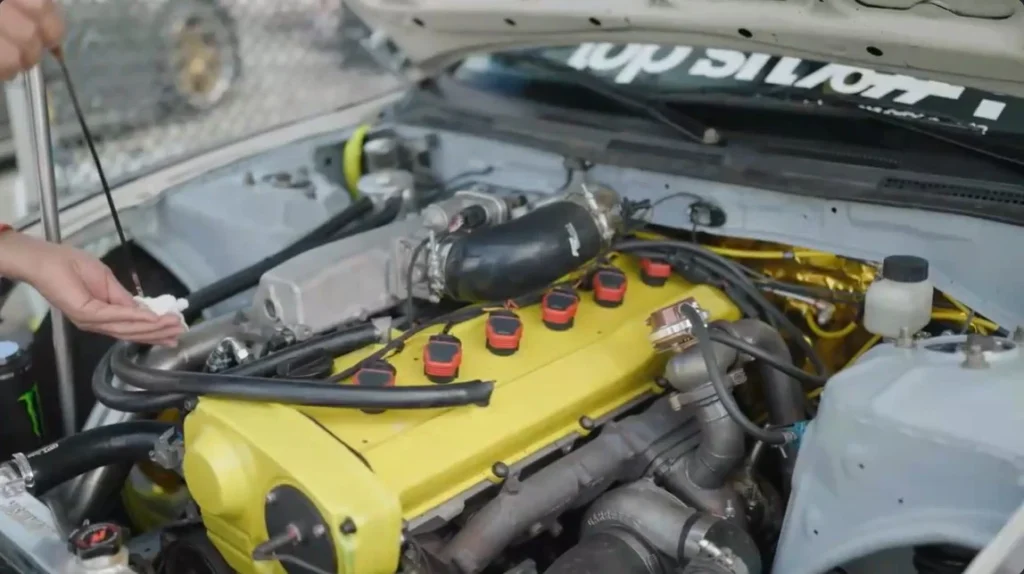
Cost Factors
Repairing car lights and electrical components can vary in cost. Several factors influence these costs. Understanding these factors helps you plan your repair budget.
Type Of Repair
The type of repair needed is a major cost factor. Simple repairs like replacing a bulb are cheaper. More complex issues like wiring problems cost more.
Quality Of Parts
The quality of the parts used affects the cost. High-quality parts are more expensive. Using OEM (Original Equipment Manufacturer) parts ensures better performance.
| Repair Type | Estimated Cost |
|---|---|
| Bulb Replacement | $10 – $50 |
| Wiring Repair | $100 – $200 |
| Headlight Replacement | $150 – $300 |
- Type of repair: Simple repairs cost less than complex ones.
- Quality of parts: High-quality parts ensure better performance and cost more.
- Check the type of repair needed.
- Choose the quality of parts wisely.
Repairing car lights and electrical components involves various cost factors. Consider these factors to make informed decisions.
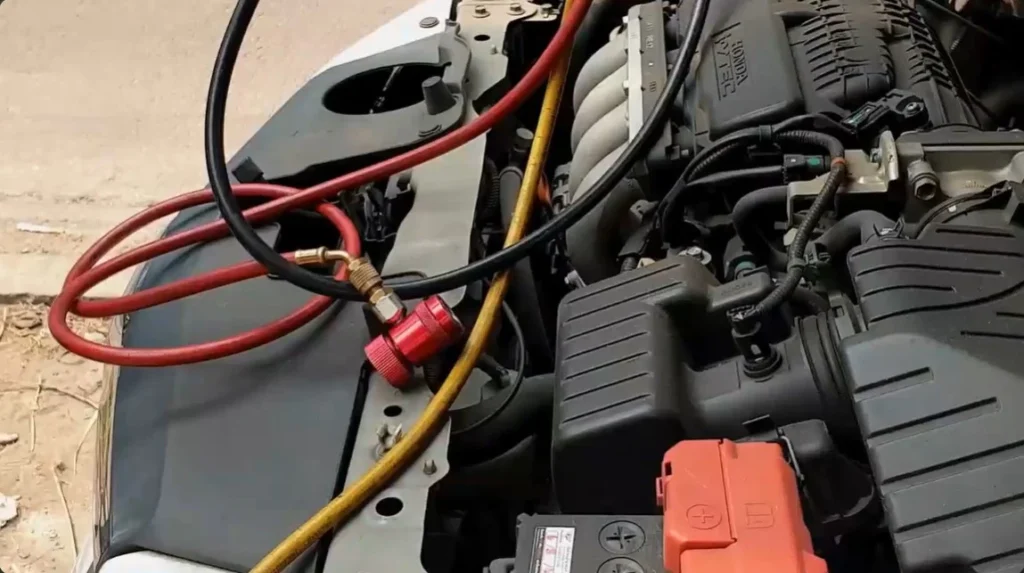
Diy Vs Professional Repair
Fixing car lights and electrical components can be tricky. You must decide whether to do it yourself or hire a professional. Each option has its pros and cons. This section will help you make an informed decision.
Pros And Cons Of Diy
Doing it yourself can save money. You can also learn new skills. But, it has some downsides.
- Pros
- Cost-saving
- Gaining hands-on experience
- Immediate work without waiting
- Cons
- Risk of mistakes
- Time-consuming
- Lack of professional tools
Benefits Of Professional Service
Professional repair services offer many benefits. They have experience and the right tools. Here are some key advantages:
- Expertise – Professionals know their job.
- Time-saving – Quick and efficient service.
- Quality work – High-quality parts and tools.
Choosing a professional can be wise. It ensures your car is in good hands.
Saving On Repair Costs
Repairing car lights and electrical components can be costly. By taking some smart steps, you can save on repair costs. This blog post will help you understand how to cut down expenses on car electrical repairs.
Preventive Maintenance
Regular preventive maintenance can save you a lot of money. Inspect your car lights and electrical systems often. Replace worn-out parts before they fail. Here are some tips:
- Check fuses and relays monthly.
- Clean battery terminals to avoid corrosion.
- Inspect wiring for wear and tear.
- Test lights and electrical components frequently.
Regular checks help you spot issues early. This prevents bigger problems and higher costs.
Using Aftermarket Parts
Using aftermarket parts can be a cost-effective solution. These parts are often cheaper than original equipment manufacturer (OEM) parts. Here is a comparison table:
| OEM Parts | Aftermarket Parts |
|---|---|
| Higher cost | Lower cost |
| Guaranteed fit | May need adjustments |
| Limited availability | Wide availability |
Aftermarket parts offer more choices and better prices. Ensure the parts are compatible with your car model.
By following these steps, you can significantly reduce your car repair costs. Regular maintenance and smart parts choices make a big difference.
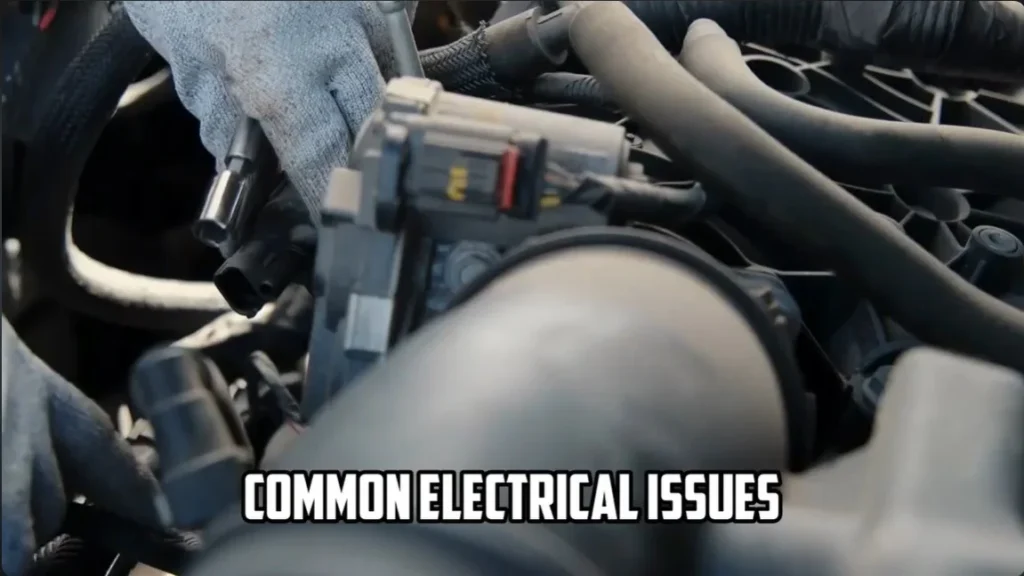
Choosing The Right Mechanic
Repairing car lights and electrical components can be tricky. It’s crucial to choose the right mechanic for the job. A good mechanic ensures your car runs safely. Here’s how to find a reliable one.
Checking Credentials
Make sure the mechanic has proper certifications. Look for certifications like ASE (Automotive Service Excellence). These show the mechanic has the necessary skills. You can also ask if they have specific training for your car model.
Some mechanics display their credentials in their shop. You can also check their website. Always verify their qualifications before hiring them.
Reading Reviews
Read customer reviews to understand the mechanic’s reputation. Look for reviews on websites like Yelp or Google. Pay attention to comments about service quality and cost.
Ask friends or family for recommendations. They can share their experiences with local mechanics. Positive word-of-mouth is a good sign.
| Credential | Importance |
|---|---|
| ASE Certification | Shows expertise in automotive repair |
| Manufacturer Training | Ensures knowledge of specific car models |
- Check credentials to ensure proper training.
- Read reviews to gauge service quality.
Choosing the right mechanic is vital for safe repairs. Use these tips to make an informed decision.
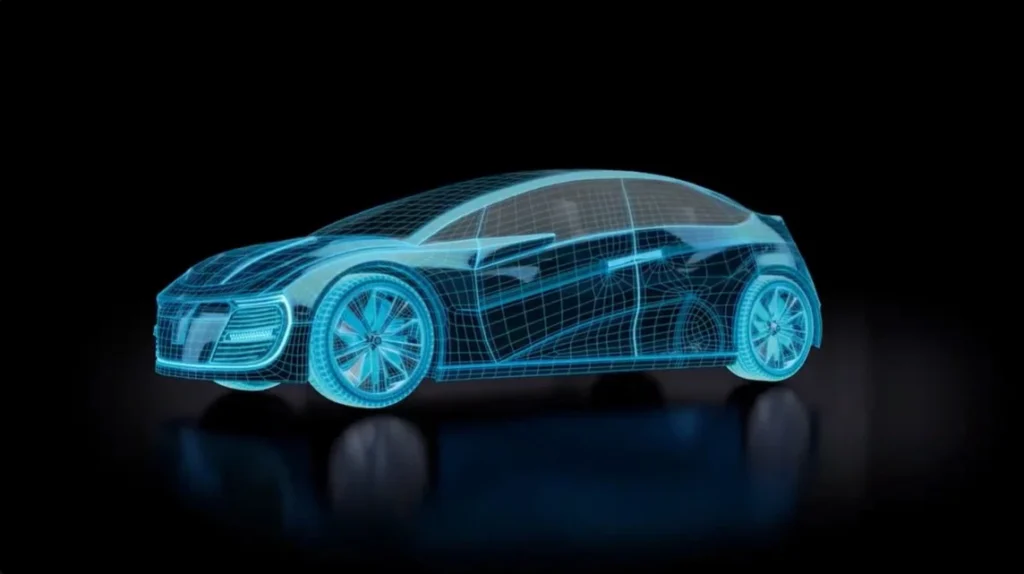
Frequently Asked Questions
How Much Does It Cost To Fix Car Lights?
The cost to fix car lights varies, typically ranging from $20 to $100, depending on the type of light.
What Affects The Cost Of Electrical Repairs?
Factors include the complexity of the issue, parts needed, and labor charges. Diagnostic fees may also apply.
Can I Repair Car Lights Myself?
Yes, simple light replacements can be done by yourself. Professionals should handle complex electrical issues.
How Long Do Car Electrical Repairs Take?
The duration varies. Simple fixes take an hour, while complex issues may take several hours or days.
Does Insurance cover Car Electrical Repairs?
Insurance may cover repairs if damage is due to an accident or comprehensive policy. Check your policy details.
What Are Common Car Electrical Issues?
Common issues include faulty wiring, dead batteries, blown fuses, and malfunctioning alternators. Regular maintenance can prevent these problems.
Conclusion
Repairing car lights and electrical components can be affordable. Regular maintenance helps avoid costly repairs. Always consult a professional for accurate diagnostics. Prioritize quality parts to ensure longevity. This approach saves money and enhances vehicle safety. Stay proactive with your car’s electrical system to enjoy a smooth driving experience.


